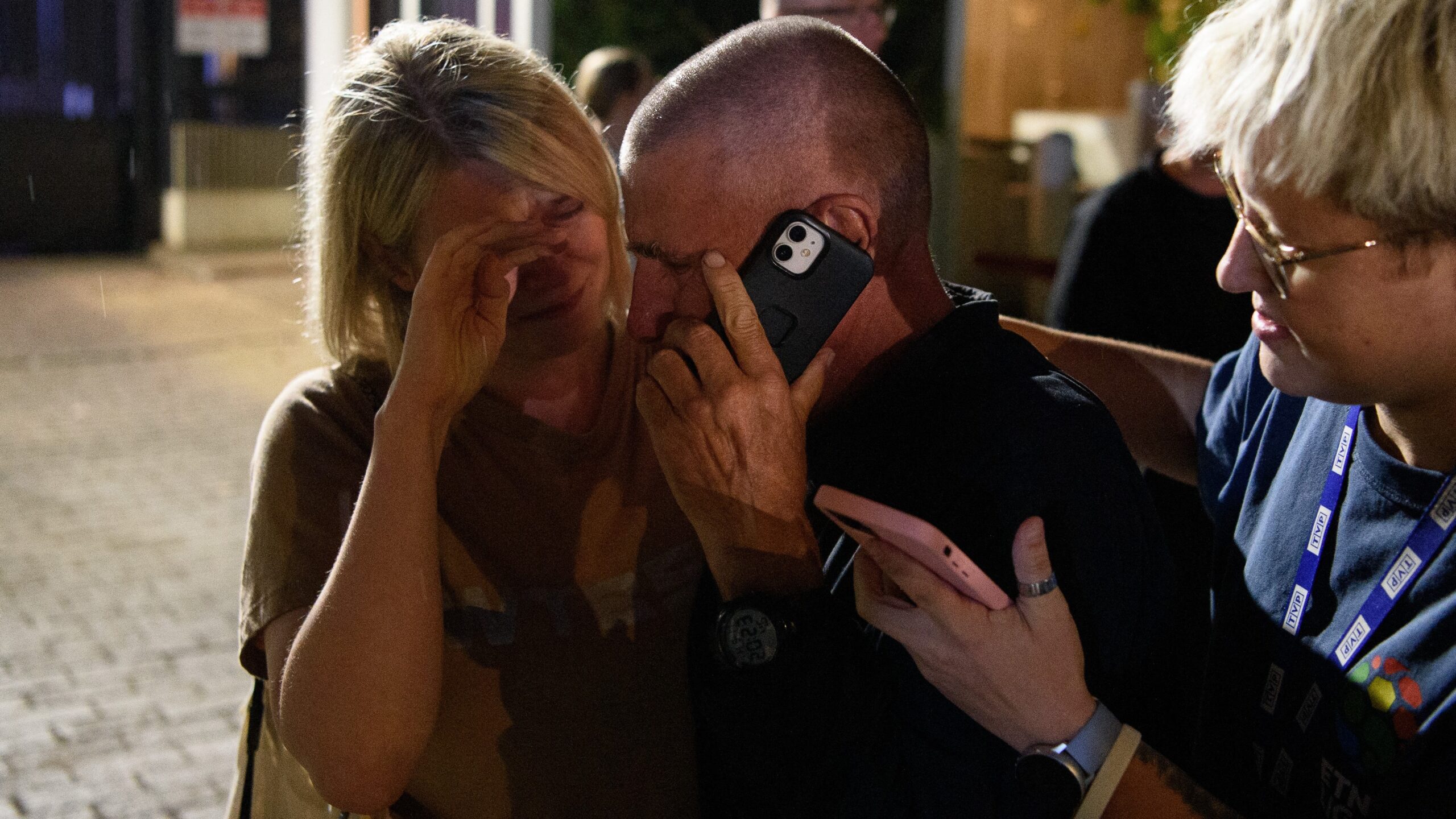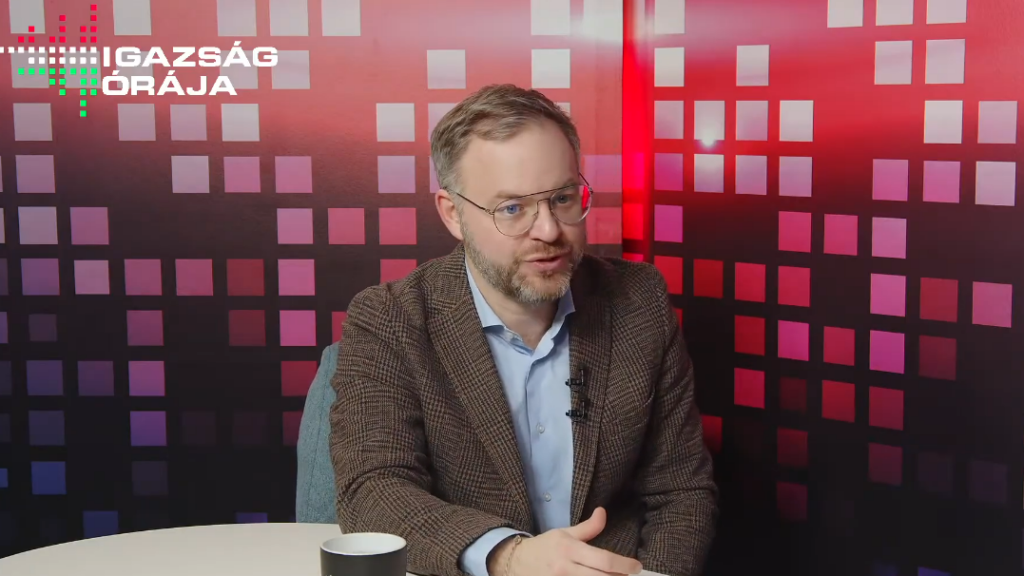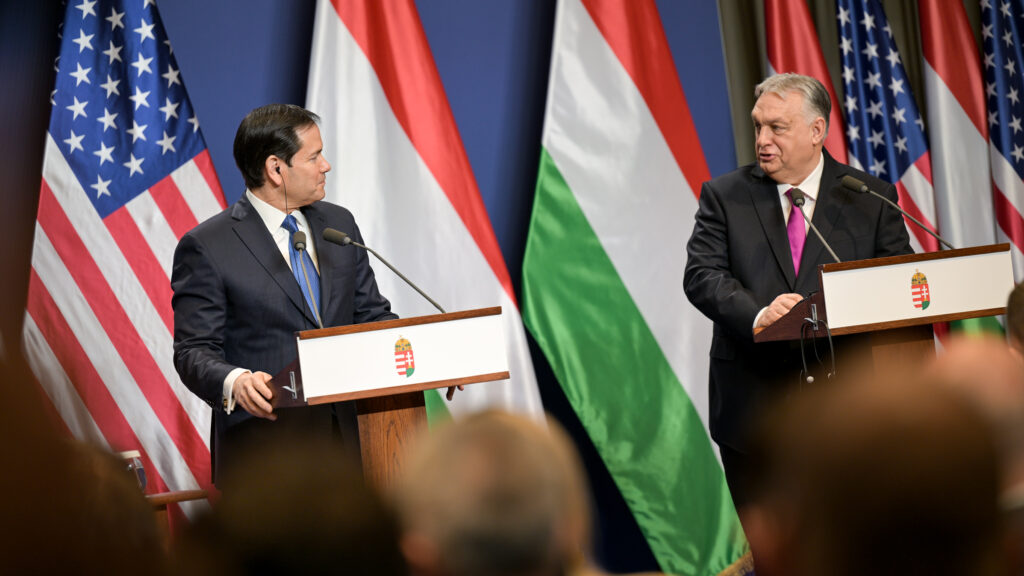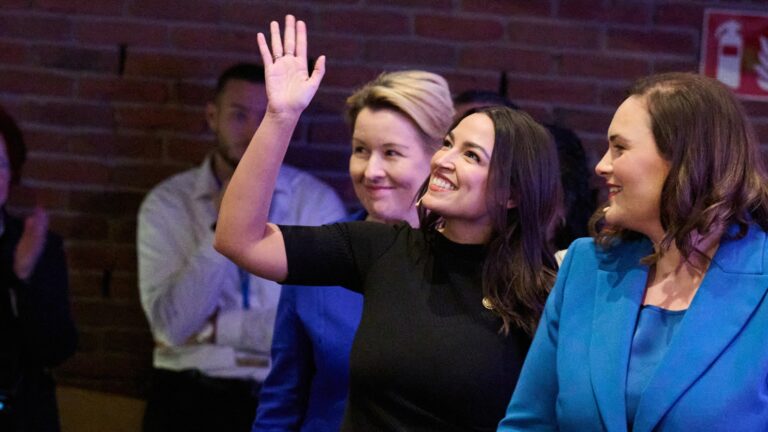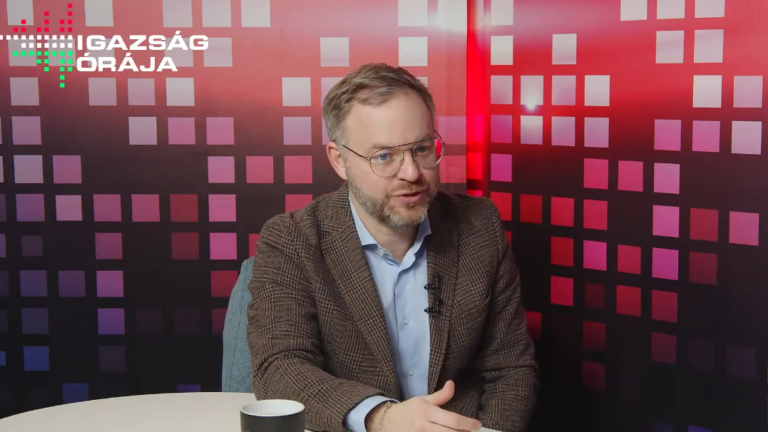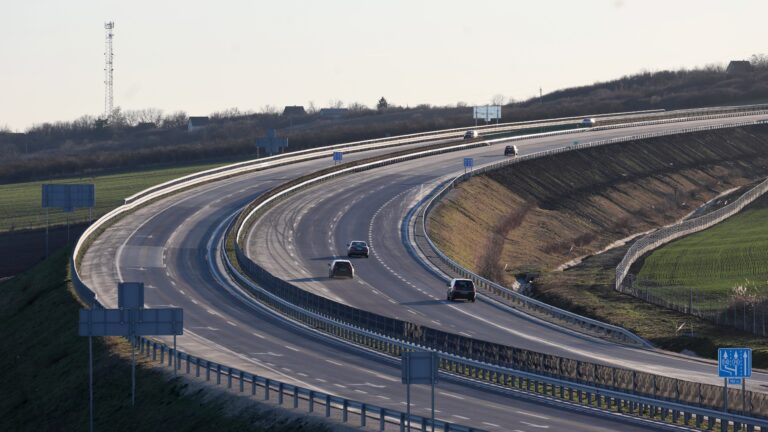In July Belarusian authorities released 14 political prisoners, who could freely exit to neighbouring Lithuania. Among them was the famous political activist and candidate Sergei Tikhanovsky, who attempted to run for president during the 2020 Belarusian presidential election but was imprisoned shortly before that. Belarus’s President Alexander Lukashenko was re-elected by a landslide. Following the releases in July, an additional 52 political prisoners were freed in early September. Given the announcements made after the September exchange, more such developments can be expected in the near future.
In total, Minsk has released over 300 political prisoners since 2024. Although the identities of the individuals who were recently freed are not known, it is widely believed that some of them hold foreign passports from the United States, Japan, Latvia, Estonia, and Poland. It is also thought that an EU staff member was among them. That is, the freedom of these people is good news not only for those who oppose politically motivated detentions, but also for those countries whose citizens can now return home.
Minsk’s decision to release these people did not happen in a void. To a great extent, the Belarusian leadership was encouraged to make these steps due to negotiations with the United States of America. The US’s fruitful influence in freeing these people was underlined by US Special Envoy Keith Kellogg’s visit to Minsk on the day when 14 people regained their freedom in July. Later, on Lukashenko’s birthday, Special Envoy John Coale also visited Belarus—it is rumoured that he might have also discussed reopening the American embassy in the Eastern European country’s capital three years after it was closed down in 2022.
‘We can cherish the fact that the families of these former prisoners are now reunited’
Western media have widely interpreted these negotiations as the Lukashenko regime’s attempt to balance ties between Russia and the West. Reports were also laud, criticizing the renewed US–Belarusian talks for ‘legitimizing’ Lukashenko’s leadership, for encouraging ‘hostage diplomacy’ and for ‘rewarding a dictator for releasing his own prisoners’. We can either make endless excuses not to appreciate the efforts that led to the liberty of these individuals, or we can cherish the fact that the families of these former prisoners are now reunited.
Recognizing the rationale behind President Trump’s strategy, Sviatlana Tsikhanouskaya, wife of the released Sergei Tikhanovsky, said: ‘President Trump is using these carrots to achieve the release of political prisoners. He uses this. It’s his transactional approach to the problem, and we have to use this momentum.’ Later, she also added that it’s clear that ‘if these conversations [between the US and Belarus] weren’t happening, there wouldn’t be a question of releasing 1,300 political prisoners’, that is, there would not be a chance of freeing even more people.
Sviatlana Tsikhanouskaya on X (formerly Twitter): “My husband Siarhei is free! It’s hard to describe the joy in my heart.Thank you, 🇺🇸 @POTUS, @SPE_Kellogg, @JohnPCoale, DAS Christopher W. Smith, @StateDept & our 🇪🇺 allies, for all your efforts.We’re not done. 1150 political prisoners remain behind bars. All must be released. pic.twitter.com/MhngqBHFq3 / X”
My husband Siarhei is free! It’s hard to describe the joy in my heart.Thank you, 🇺🇸 @POTUS, @SPE_Kellogg, @JohnPCoale, DAS Christopher W. Smith, @StateDept & our 🇪🇺 allies, for all your efforts.We’re not done. 1150 political prisoners remain behind bars. All must be released. pic.twitter.com/MhngqBHFq3
Bearing the cost of these exchanges is far from unreasonable for the United States. Beyond some symbolic gifts from the White House to President Lukashenko, Washington’s offer for the release of 52 prisoners only involved lifting certain sanctions on the Belarusian national airline, Belavia. This minor concession was a small price to pay for securing the freedom of 300 people. And this is precisely the power of diplomacy. Minsk’s example demonstrates that authoritarian regimes respond to smart diplomacy. The leaders of such countries also react to incentives—be it better trade deals or a bit of international spotlight.
Being open to discussing shared concerns and managing relationships could be very beneficial. Commenting on the efforts of the US administration, President Lukashenko said: ‘Our main task is to stand with Trump and help him in his mission to establish peace.’ The Belarusian President also emphasized that ‘No matter how banal it may sound, I want to thank your President [Trump]—not because I want to flatter him, that’s foreign to me—for the efforts he is making toward peace, primarily in our region.’
Undoubtedly, Belarus and Russia are not comparable in size or military strength, nor is the complexity of negotiating a prisoner release and ending a war. Nevertheless, President Trump’s eagerness to reestablish communication channels and engage in talks with Minsk as well as with Moscow are steps in the right direction. Albeit these steps might not yield results as fast as some expected, diplomatic gestures can go a long way.
Related articles:

